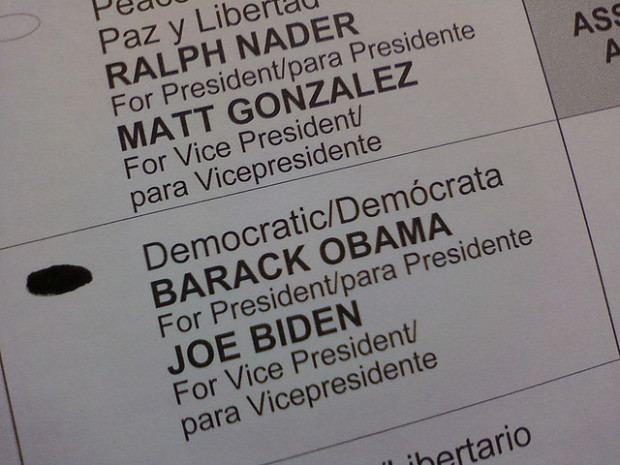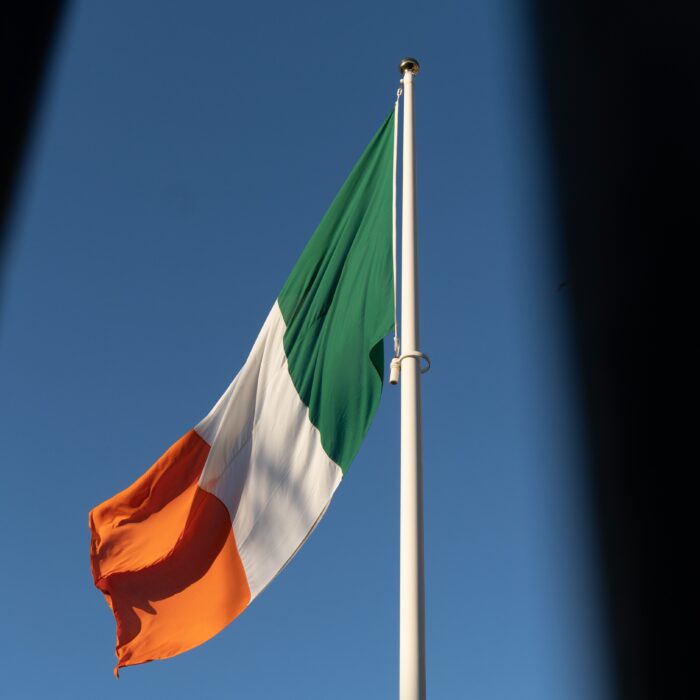You have no items in your cart. Want to get some nice things?
Go shoppingWhat happens to a dream deferred?
Does it dry up
like a raisin in the sun?
Or fester like a sore—
And then run?
Does it stink like rotten meat?
Or crust and sugar over—
like a syrupy sweet?
Maybe it just sags
like a heavy load.
Or does it explode?
— “Harlem,” by Langston Hughes

In college, I was part of a fairly large riot. It was unintentional, I sort of went with the flow of people outside my dorm room, fueled forward by curiosity. There was a lot of noise and I remember people banging on buckets with spoons they’d swiped from the cafeteria, sticks from the trees at the library. To this day, I wonder, where did they get the buckets?
I followed the crowd and we ended up down at the stadium where some boys appeared with a mattress and set it on fire. Who’s mattress was that suddenly ablaze and flickering? I still don’t know. I’m not entirely sure why we were there, burning something. UT had either beaten or lost badly, to Florida, our SEC rival. I don’t know whether we won or lost. Obviously, it’s irrelevant. No one got in trouble. Just kids, everyone said. Just blowing off some steam.
In high school, some seniors went streaking as a prank before graduation, pale bodies dashing across the school grounds. They were told specifically that year not to try any pranks, but I overheard a few of them saying it was their right, they were going protest, and then, they had something planned. The school threatened the naked avengers by saying they might not graduate. I saw one of the guys, days later, crying outside the main office. I was proud of myself, honestly. After that display, outside those huge glass windows from the cafeteria, I was impressed I recognized his face.
My senior year, the school changed the scheduling, from four classes a day to seven shorter periods. It seemed silly, but it was out of our hands. The part that irked me, was student leadership showed up at board meetings for weeks, with questions, added themselves on the agenda, were prepared to have their say, and week after week, were ignored. A group of students organized a sit-in, people told me, as I was on my way to second block. So I stayed. I wanted to know what was up.
Still, there were nearly 1,000 students by the senior lockers in the large open area near the staircase. Probably a fire hazard. Most of the students took it seriously, while a handful were leaving garbage and ordering pizzas. There are always a few who ruin it for everyone. I sat near the back, listening to what everyone had to say, sort of fascinated by this nearly sanctioned rule-breaking. Someone called the radio station. The newspaper even stopped by to take pictures. And the next morning, there I was with my friend Elizabeth, smiling and waving for the camera.
I wonder now, how many of my classmates would march for inequality when it truly mattered? Who gets the right to recognize a problem and make a little noise to draw some attention? Who gets to stand up to a broken system and question its purpose? Who gets to blindly wander the streets, damaging property? Maybe more of my classmates from undergrad should move to Baltimore, where even gangs joined together to protect their communities.
We’re so well-taught to sit down and take it, to not cause a stir. This is the way things are, you don’t shake things up, you deal with it. You don’t make a fuss. You don’t end up in the paper.
An election just ended in the UK. Most Americans aren’t aware, because election season in the UK is quick. They dissolve Parliament and then vote a few weeks later. The brevity is enthralling, especially considering the 2016 US campaigns are just getting started, and will drain us of all emotional stability over the next several months. I worry 2016 will be as brutal as 2008, as frustrating as 2012.
Check out the UK results, and you’ll probably catch some videos of the crowds outside of 10 Downing Street, where the re-elected Prime Minister, David Cameron, lives. These protestors were out in broad daylight, and the officers are clear as day, many in small hats, all in bright yellow, reflective vests that say “POLICE.” You can’t miss them. The Guardian has been writing about much of the political scene under the line: “Anger, apathy and hope.” Pollsters have been doling out non-apologies over the past few days, talking about how they got it wrong. Columnists are offering tips on how to deal with political grief.
That’s why everyone keeps writing about protests, talking about Baltimore, feeling through the situation. To try to make sense of things. Because we don’t know what’s next. All I know is, it’s not enough. But if people need to march the streets and brave police and batons and tear gas, to make sure that justice comes through in the end — the way it should always, for everyone, in the beginning — that’s exactly what we’re going to do.
None of this will bring back Freddie Gray. It won’t immediately reverse the systemic spiraling of all that we’ve done to cities like Baltimore. We like to let things fester, say that they’re fine, say that we’ll handle it later, that it’s someone else’s problem. Every once in awhile, the pressure will build, and there will be a small crack in the system. Something about the injustice will not hold, and people will take to the streets. And why shouldn’t they?
Whenever I start feeling frustrated about politics and protests, I watch speeches from movies, like the end of Dave, Independence Day, and The American President.
America isn’t easy. America is advanced citizenship. You’ve gotta want it bad, ’cause it’s gonna put up a fight… You want to claim this land as the land of the free? Then the symbol of your country cannot just be a flag. The symbol also has to be one of its citizens exercising his right to burn that flag in protest. Now show me that, defend that, celebrate that in your classrooms.
I’m not sure what it says about me that I’m trying to find resolution and comfort in short clips from fictional movies, about fictional presidents with very real problems. Maybe Aaron Sorkin distills what I want to say better than what I’m feeling. The difference between fiction and reality is, we’re not fixing ours. We’re repeating the same mistakes over and over. Commentators watch the protests as if they’ve never seen anything like it before. As if people have suddenly decided to gather and wander the streets. As if they must be upset about something else. As if property is more important than human lives. Unless of course, you still consider those human lives as property.
What I wonder is, what’s next? Because people will continue to protest as long as they are continually beaten down by people in power who are insistent on keeping them quiet, on keeping them voiceless, on treating them as if they don’t matter at all. Protests draw attention to the real problems we face and help bring about solutions. To stop protests, you have to pay attention to the real unjust systems of racial, economic, and housing inequality. Of how votes are counted and how people’s ideas and ballots are weighed and measured. Change and improvement doesn’t happen by itself. It often starts with one voice, joined with another and then another, letting you know there’s more work to be done.
And, as for those riots after the football games? Well, those are just some people blowing off steam.

About Katrina Otuonye
Katrina Otuonye recently completed her MFA in nonfiction from Chatham University in Pittsburgh. She has previously written columns for the University of Tennessee's student newspaper, the Daily Beacon, and Azibo Press, a nonprofit online publication focused on human rights in China. Her work has also been published in Marco Polo Literary Arts Mag and Granny Smith Magazine's inaugural issue, and is forthcoming in Crab Orchard Review. Much of her work is creative nonfiction, and her travel writing extends from Pittsburgh to China, where she taught English as a Second Language for a year




